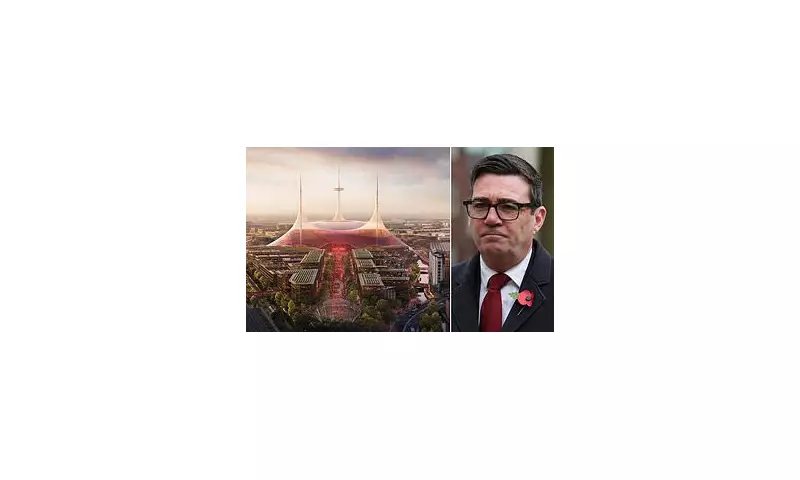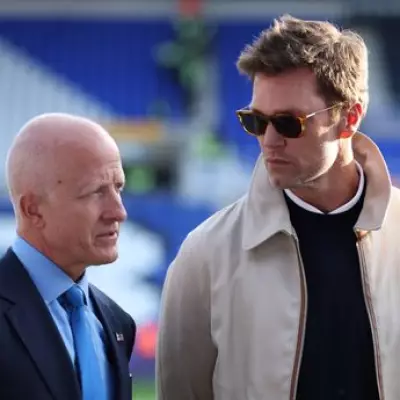
Greater Manchester Mayor Andy Burnham has delivered a firm commitment that no taxpayer money will be used to finance Manchester United's ambitious new £2 billion stadium.
The Premier League club unveiled visionary plans earlier this year for a state-of-the-art 100,000-seater arena, tentatively named 'New Trafford'. This announcement followed suggestions from co-owner Sir Jim Ratcliffe that government funding could potentially support aspects of the wider scheme.
The Funding Stance
Burnham has drawn a clear line in the sand regarding financial responsibility. Speaking on The Added Time podcast, the Mayor left no room for ambiguity about who should bear the stadium's cost.
'Manchester United will be paying for the stadium. There will not be a penny of public money going into that,' Burnham stated emphatically. He explained this position stems from a 'really clear principle' guiding the newly established Mayoral Development Corporation.
Ratcliffe had previously argued that northern taxpayers deserved the same opportunities to support major sporting infrastructure as Londoners, who have benefited from public investment in venues like the Olympic Stadium. However, Burnham's comments firmly close the door on any direct public funding for the stadium construction itself.
Regeneration and Negotiations
While the stadium will be privately financed, discussions continue about the broader infrastructure through the Mayoral Development Corporation, which will oversee the regeneration of the Old Trafford area.
The colossal project extends far beyond the football ground, envisioning 17,000 new homes and significant transport upgrades. This forms part of a wider transformation of Trafford Wharfside, creating better links between Media City and the Manchester Ship Canal.
United's ownership group, led by Ratcliffe's INEOS, intends to cover stadium costs privately while potentially seeking government support for surrounding transport and infrastructure improvements that would benefit the entire community.
One significant hurdle remains unresolved. Reports indicate United are still negotiating with Freightliner over a crucial plot of land behind the Stretford End. The company is believed to value this land substantially higher than the £50 million United are prepared to pay, though recent talks have been described as constructive.
Fan Engagement and Timeline
The club has already begun consulting supporters on key aspects of the new venue. Fans have been asked for feedback on critical areas including ticket pricing, facilities, and the controversial possibility of personal seat licences.
These licences could cost supporters up to £4,000 simply for the right to purchase a season ticket at the new stadium, representing a significant additional financial burden for dedicated fans.
If progress continues smoothly and land negotiations are successfully concluded, United hope to complete the project in time for the 2030-31 season. The finished stadium would become the largest football-specific arena in Europe, cementing Manchester's status as a global sporting destination alongside existing venues like Old Trafford Cricket Ground and the Imperial War Museum North.





